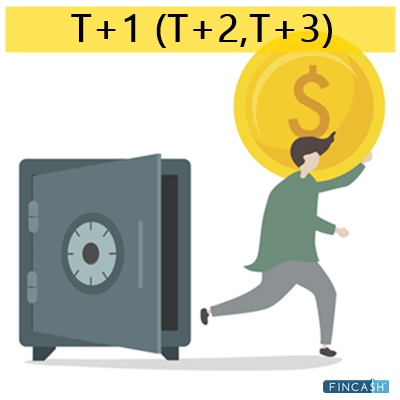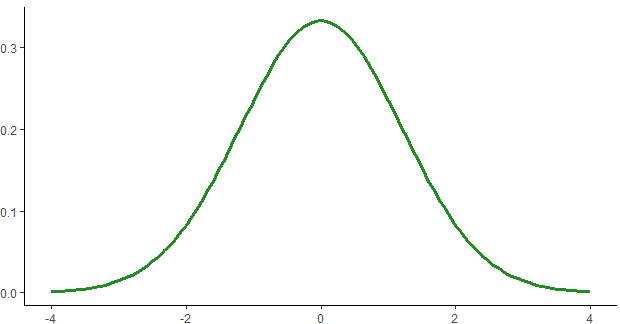Treasury Bill (T-Bill)
What is a Treasury Bill?
Treasury Bills are the short-term money market instrument, issued by the central Bank on behalf of the government to curb temporary liquidity shortfalls. Treasury bills also known as T-bills, have a maximum maturity of a 364 days. Hence, they are categorized as money market instruments. Treasury bills are usually held by financial institutions including banks.

T-bills have a very important role in the financial market beyond investment instruments. Banks give treasury bills to the Reserve Bank of India (RBI) to get money under repo.
How T-Bills Work in India?
Here's how T-Bills work in India:
Auction: The government auctions the T-Bills through the RBI. Investors, including banks, financial institutions, and individuals, can bid for the T-Bills.
Discount: The T-Bills are sold at a discount to their face value. The discount rate is determined through the auction process.
Investment: The investors invest in the T-Bills and receive the face value of the T-Bill at maturity. For example, if an investor invests Rs. 100 in a 91-day T-Bill with a discount rate of 6%, the investor will receive Rs. 100 at maturity (after 91 days) but would have paid Rs. 94 for the T-Bill upfront (Rs. 100 - Rs. 6).
Safety: T-Bills are considered to be safe investments as they are backed by the government of India. They are also highly liquid, meaning they can be easily bought and sold in the market.
Taxation: The interest earned on T-Bills is taxable as per the income tax slab of the investor. However, no TDS (Tax Deducted at Source) is applicable.
Types of Treasury Bills
At present there are three types of auctioned T-bills, which are:
91 days T-bills
The tenure of these bills complete on 91 days. These are auctioned on Wednesday, and the payment is made on following Friday.
Talk to our investment specialist
182 days T-bills
These treasury bills get matured after 182 days, from the day of issue, and the auction is on Wednesday of non-reporting week. Further, these are repaid on following Friday, when the term expires.
364 days T-bills
The maturity period of these bills is 364 days. The auction is on every Wednesday of reporting week and repaid on the following Friday after the term gets over.
Benefits of T-Bills
Here are some benefits of investing in T-bills -
Low-risk investment: T-bills are considered to be a low-risk investment as they are backed by the Indian government. This means that the risk of default is very low.
Liquidity: T-bills are highly liquid investments. They can be easily bought and sold in the secondary market, which means investors can easily exit their positions if needed.
Diversification: T-bills are a great way to diversify your investment Portfolio. They are a safe investment option that can provide a stable return, which can help balance out riskier investments.
Tax benefits: T-bills are exempt from state and local taxes, making them a tax-efficient investment.
Easy to invest: T-bills can be purchased directly from the RBI or through a bank or a financial institution. The minimum investment amount is relatively low, making it accessible to small investors.
Overall, Investing in T-bills can be a good option for investors who are looking for a safe and secure investment with a fixed return.
Trading Hours for T-Bill Futures
The trading hours are from 9 a.m. to 5.00 p.m on working days from Monday to Friday and the contract Size is Rs. 2 lakh.
Tax on Treasury Bills in India
If there is any appreciation in the bond price, it is considered Capital Gains. Long-term capital gains (LTCG) is 10% flat or 20% with indexation, whereas Short Term Capital Gains (STCG) is as per the applicable slab rate. When it comes to T-bills, the appreciation is considered as short-term capital gain as you buy at a discount and sell it at par. So the taxes is as per the applicable slab rate.
All efforts have been made to ensure the information provided here is accurate. However, no guarantees are made regarding correctness of data. Please verify with scheme information document before making any investment.











